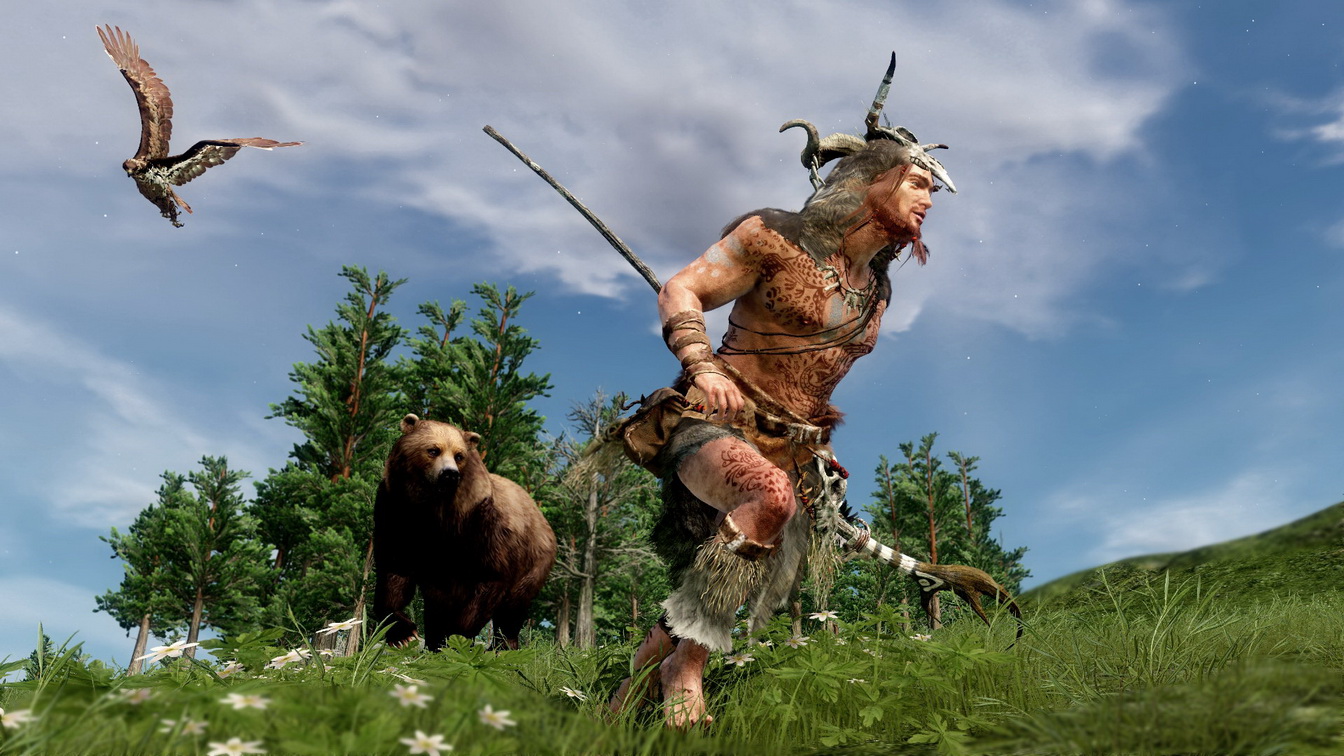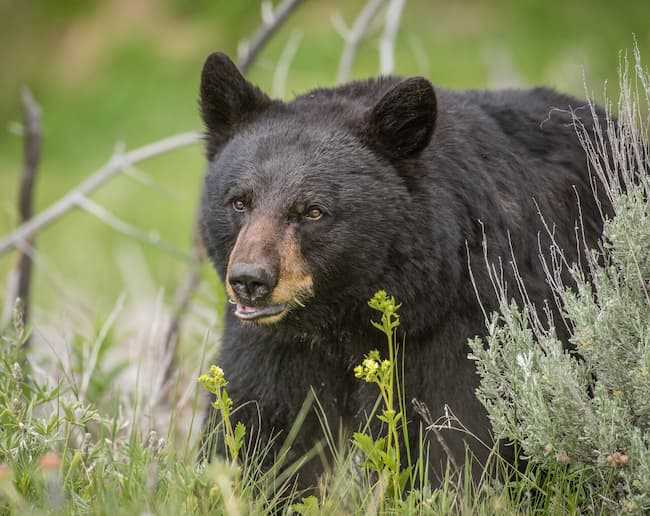Table of Contents
- Wild Game (Extended Mix) - YouTube
- Minnesota Wild vs. Vancouver Canucks Tickets | Saint Paul, MN | Dec. 16 ...
- Wild Game (2021) – Gravitas Ventures
- WiLD: Technology & People behind an Environmental Adventure
- What’s the Worst-Tasting Wild Game? | Blog | Pyramyd AIR
- Cooking with wild game – Artofit
- Wild Game Co. (@AndyWaughMW) | Twitter
- WILD GAME - CoffeeandCigarettes
- What Are the Health Benefits of Wild Game? | livestrong
- Wild Game | Palm Springs International Film Festival



What is Wild Game?



Benefits of Consuming Wild Game




Sustainable Hunting Practices
Sustainable hunting practices are essential for maintaining healthy wildlife populations and preserving ecosystems. This includes adhering to hunting regulations, respecting animal habitats, and ensuring that hunting is done in a humane and responsible manner. Hunters must also be mindful of their impact on the environment and take steps to minimize their footprint. In addition, sustainable hunting practices involve respecting the animal and using as much of the animal as possible. This includes using the meat, hide, and other parts of the animal, reducing waste and promoting a culture of respect for the animal and the environment. In conclusion, wild game is a unique and nutritious alternative to traditional meat sources. The benefits of consuming wild game, including its leaner and more nutritious profile, make it an attractive option for health-conscious consumers. Additionally, sustainable hunting practices promote ecosystem balance, support local economies, and preserve cultural heritage. As we explore the world of wild game, it is essential to prioritize sustainable hunting practices, respecting the animal, the environment, and the cultural significance of hunting. By doing so, we can promote a culture of respect and appreciation for wild game and the natural world.Keyword: Wild Game, Free-Ranging Animals, Sustainable Hunting, Nutrition, Ecosystem Balance